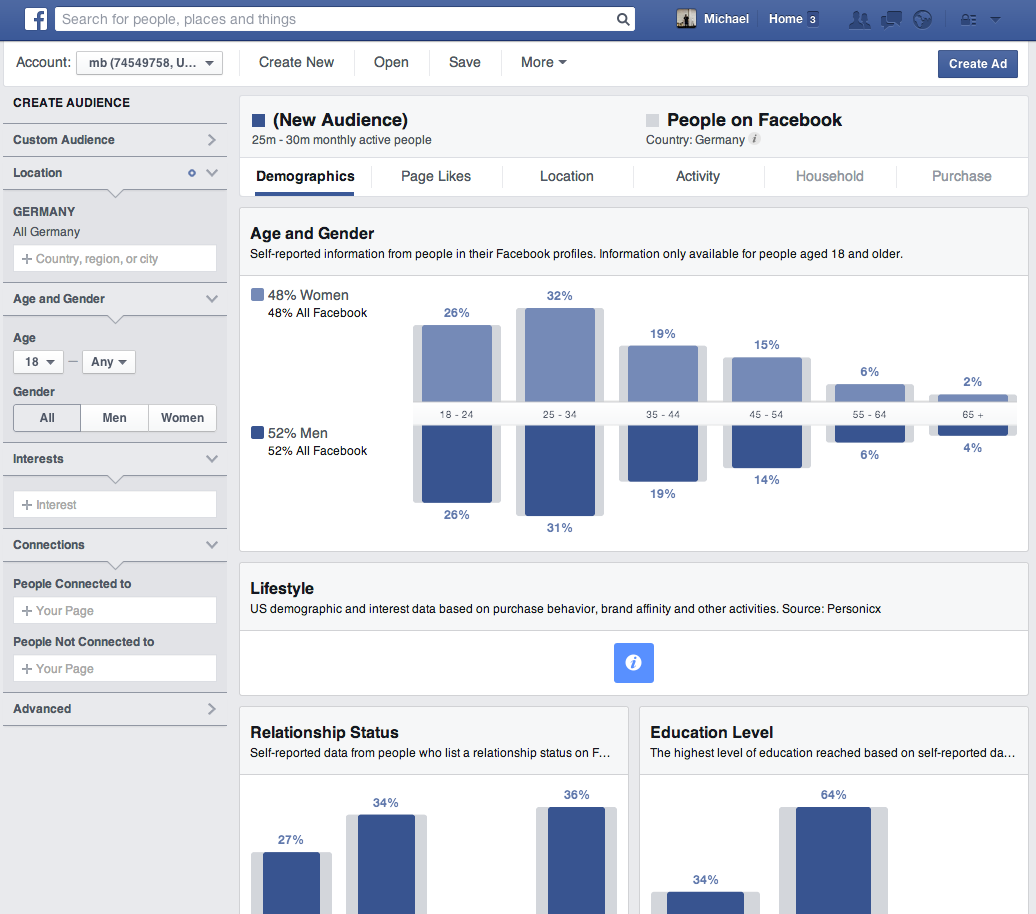Target group: What is it? Definition & meaning in marketing
Target group marketing is a success-critical component of all good marketing. It deals with identifying, addressing and servicing specific target groups with the aim of generating sales for a company. A successful marketing plan is based on understanding the members of a specific target group. Only then can companies manage to send the right message to the right person at the right time.
Target group: What is it?
It is important to understand that target groups are not flat divisions of age, gender and other characteristics, but complex constructs of wants, needs and motivations that influence their behavior. This means that effective audience analysis must include more than basic demographic data. It is also about finding out what value contracts exist within this group and what reasons there are for people to use or buy certain products or services.
So to be successful, marketers need to know who the members of their respective target groups are and what motivates them – both emotionally and rationally – as well as their preferences in terms of purchasing behavior. Only then can they engage in strategically planned marketing and achieve immediate results.
A target group is a group of people who are characterized by certain criteria and whom a company or organization has identified as the target of its marketing campaigns.
Reach your target group: Targeting
Targeting means that you reach target groups by setting certain parameters. Often these are:
- Age group
- Gender
- Income
- Occupation
- Residence
Age group
Age group: As a rule, the age groups “youth” (12-17 years), “adults” (18-49 years) and “seniors” (50 years and older) are distinguished.
Gender
Gender: The gender of the target persons also plays a role in marketing. There are products that are more strongly addressed to men or women.
Income bracket
Income bracket: For many companies, the income bracket is an important criterion for determining the target group. Depending on the price range of the product, suppliers target customers with different income levels.
Occupation
Occupation: Occupation can also play a role in identifying the target group. After all, depending on what the product is, it is likely to be purchased by people with certain professional qualifications.
Residence
Place of residence: The place of residence of potential customers is also a criterion that can be taken into account when defining the target group. For example, it can make sense to market regional products to people within a certain radius.












